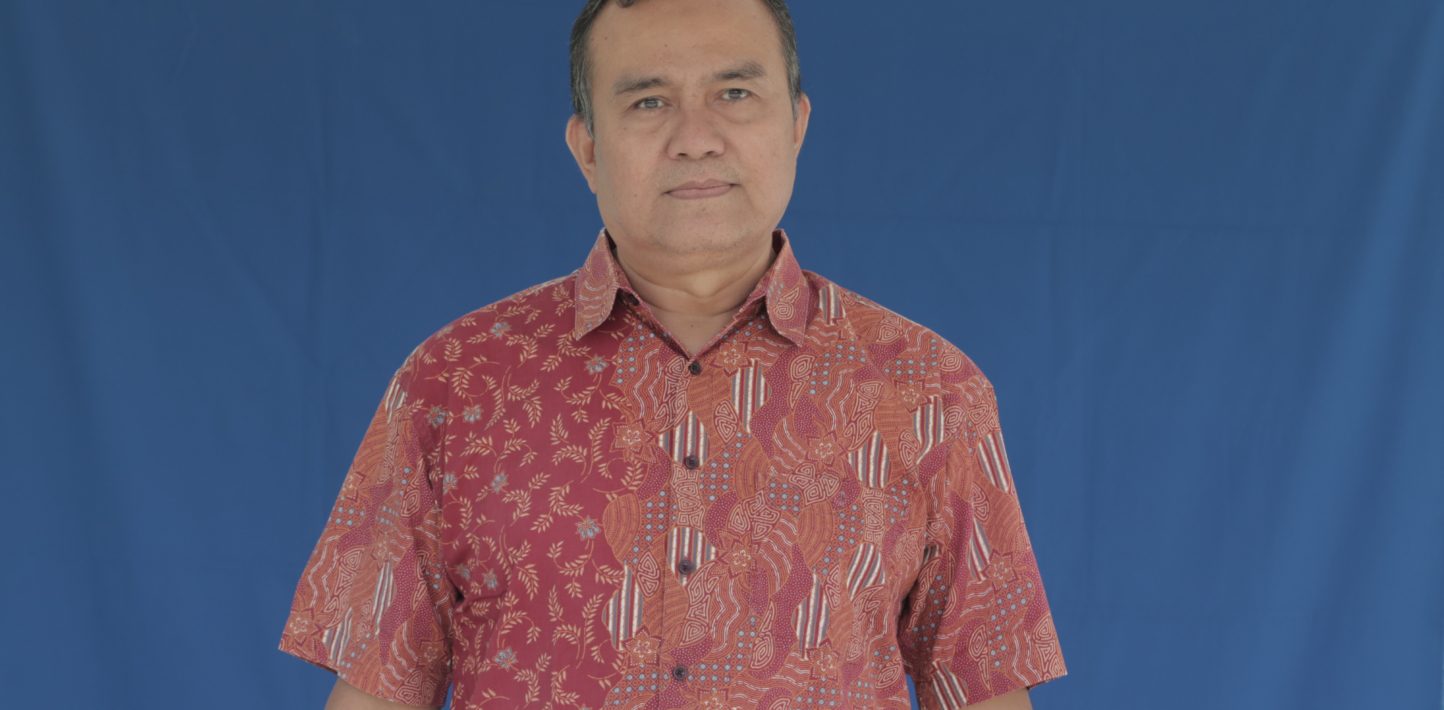Responding to the House of Representative’s approval of President Joko Widodo’s plan to grant amnesty to Saiful Mahdi, a university lecturer at Syiah Kuala University in Aceh who was sentenced to three months in prison for defamation after sharing messages critical of the university’s administration in a WhatsApp group, Usman Hamid, Amnesty International’s Indonesia Executive Director, said:
“Ensuring Saiful Mahdi is immediately and unconditionally released is the correct and only way to help ease this injustice , as he should never have been charged in the first place. We urge President Joko Widodo to grant Saiful Mahdi a full amnesty as soon as possible.”
“Saiful Mahdi’s case once again highlights how the authorities exploit the Electronic Information and Transactions (ITE) Law by repeatedly using it to repress the right to freedom of expression, especially criticism of those in power.”
“While granting amnesty to Saiful Mahdi marks an important first step, the President and the House of Representatives must not stop there. Amnesty International calls on the government and the House of Representatives to revise the ITE Law to safeguard people form unjust defamation charges and ensure the legislation aligns with Indonesia’s obligations under international human rights law.”
Background
In March 2019, Saiful Mahdi, a statistics lecturer at the faculty of math and science at Syiah Kuala University in Aceh Province, sent a message criticizing the result of a civil servant test for engineering faculty lecturers in a WhatsApp group chat. He said, among other messages, “I have received sad news about the death of common sense in the leadership ranks of the engineering faculty during the last civil servant test,” and “Why is a faculty that was once so glorious now so faint-hearted?”
He wrote the messages in response to a civil servant test held in late 2018 as a recruitment for lecturers at the university’s faculty of engineering.
Saiful Mahdi, who had worked at the university for 25 years, analyzed the scores of the test takers from the faculty of engineering and later concluded that there were irregularities in the scoring that should be reviewed. He later posted his criticism of the selection process in the WhatsApp group, of which around 100 lecturers were members. His message circulated among the university’s employees and eventually reached the engineering faculty’s dean, who was not a member of the chat group.
The dean eventually reported Saiful Mahdi to the police for defamation, which is treated as a criminal offence in Indonesia. Following an investigation, he was charged under Article 27 (3) of the ITE Law for allegedly defaming the dean, even though Saiful Mahdi did not mention any names in his WhatsApp messages. The case was brought to trial, and on 21 April 2020, the Banda Aceh District Court sentenced him to three months in prison and fined him Rp 10 million (US$705), despite a lack of clear evidence proving he had violated the law. He later filed an appeal against the verdict to the Banda Aceh High Court, but it was rejected. On 29 June 2021, the Supreme Court rejected the cassation plea submitted by Saiful Mahdi and upheld the lower court’s guilty verdict.
He reported to the Banda Aceh prosecutor’s office on 2 September and has been serving his prison sentence since then.
On 21 September, Saiful Mahdi’s legal team met with Coordinating Political, Legal and Security Minister Mahfud MD to discuss the possibility of President Joko Widodo granting an amnesty and, on 29 September, the president sent a letter to the House of Representatives asking for their advice regarding his plan to grant an amnesty. Under Indonesian law, the President can only grant an amnesty after considering the advice of the House of Representatives.
On 7 October, the House of Representatives unanimously approved the president’s plan to grant an amnesty in a plenary meeting led by Deputy House Speaker Muhaimin Iskandar. The President can now formally grant an amnesty that will result in Saiful Mahdi’s release and exoneration.
The ITE Law, including Article 27 which contains an anti-defamation provision, has increasingly been used to criminalize people who peacefully exercise their right to freedom of expression online, such as by writing critical comments in messaging apps or sharing opinions on social media. The Indonesian authorities have also used draconian articles in the ITE Law to criminalize peaceful activists, journalists and human right defenders who criticize the government.
From January to October 2021 alone, Amnesty International Indonesia recorded at least 59 individuals who were named suspects by the police for allegedly violating the ITE Law. Amnesty International Indonesia has repeatedly called for the revision of problematic articles in the ITE Law.

